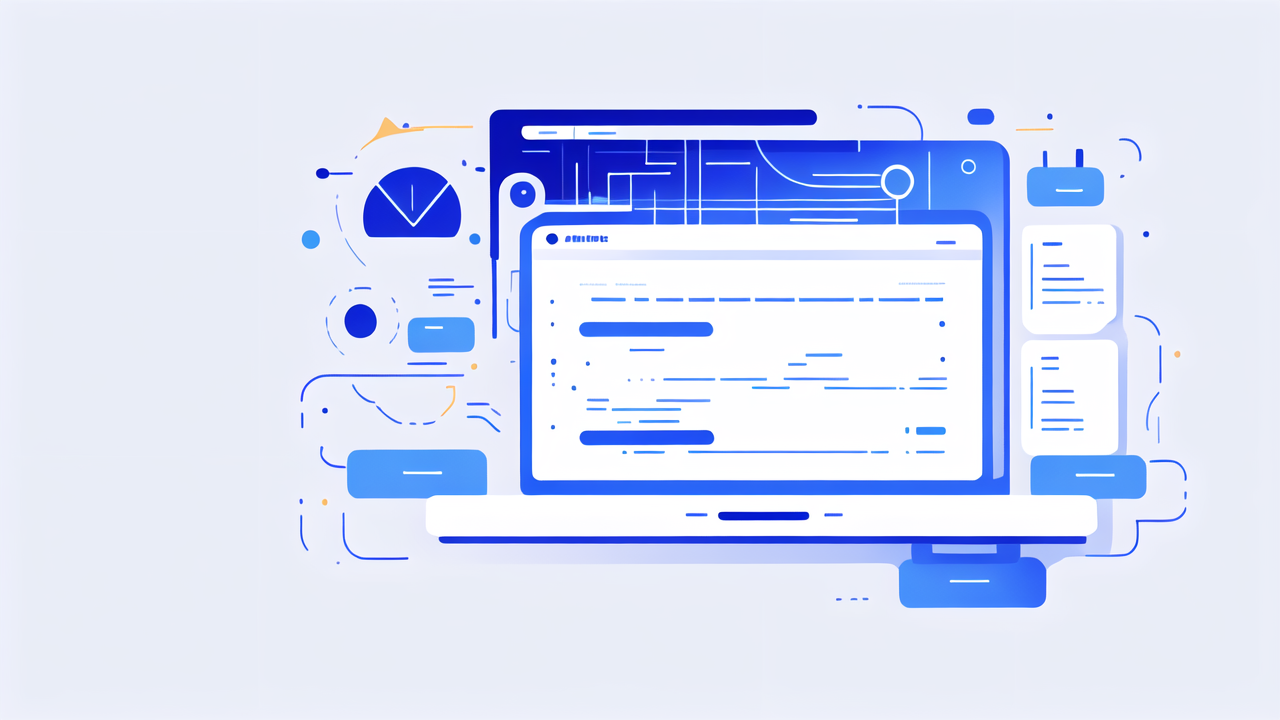Understanding Artificial Intelligence and Machine Learning: A Glimpse for the Uninitiated
What is Artificial Intelligence?
Artificial Intelligence, or AI, is a field of computer science. It is about making machines that can think like humans. AI can solve problems, learn, and even understand speech. Basically, it allows computers to do tasks that usually need human brains. AI is everywhere, from phones to cars. It makes many things smarter and faster.

Machine Learning: The Subset of AI That's Changing the Game
Machine Learning (ML) is a vital part of AI. It lets computers learn from data. This learning lets computers make decisions without being directly programmed to do so. ML is at the heart of many AI systems. It helps with tasks like speech recognition and image analysis. Because of ML, machines can improve over time. This makes them smarter and more effective. ML is changing how we live and work. It is a big leap in the AI field.
The Real-World Applications of AI and Machine Learning
AI and Machine Learning in Healthcare: Predictive Medicine and Beyond
AI is reshaping healthcare with its power to predict and heal. In hospitals, machine learning helps spot diseases early. It looks at past data to foresee patient risks. This tech aids in making drugs too. It speeds up trials and finds new medicine paths. AI tools give doctors better info for care choices. Virtual health assistants guide patients at home, reminding them to take meds. AI is pushing healthcare into a smart future, making wellness better for all.
Revolutionizing Transportation: AI Driving and Machine Learning in Smart Cars
Artificial intelligence and machine learning are not just buzzwords; they are tools shaping our world. In the realm of transportation, AI driving and machine learning are leading revolutions. AI driving involves cars that can sense their environment and navigate without human input. It uses machine learning algorithms to process data from sensors and make instant decisions. Machine learning helps smart cars learn from past experiences, improving safety and efficiency over time. This tech is making roads safer and our journeys smoother. With benefits like reduced traffic congestion and lower emission levels, AI is truly driving change.
AI and Machine Learning in Retail: Personalization and Inventory Management
AI and ML are changing how we shop. Retailers use AI to suggest products we may like. They analyze our shopping habits. This leads to a personal touch in online and in-store experiences. ML helps with stock levels too. It predicts what will sell. It makes sure stores have the right items. This cuts waste and saves money. AI and ML make shopping smarter for everyone.
The Challenges and Opportunities of AI and Machine Learning
Balancing Hype and Reality in AI Development
The road to AI marvels is paved with big claims. But not all glitter in AI is gold. It's vital to know if AI's promise can turn into a real impact. Investors pump in millions, charmed by the AI buzz. Yet some projects fade without a trace. To avoid this, we must tell hype from solid progress. We should ask: Can the AI do what it promises? How will it change our daily tasks? We look for success stories, not just dreams. Will AI make our jobs better or just add new risks? By checking reality, we'll invest smart in AI's future. Short on buzz, long on results - that's our goal.
Overcoming Data Barriers for AI to Thrive
Data serves as the lifeblood for AI. Yet, collecting vast, quality data is tough. Many times, data is messy or scarce. Sometimes, it's not diverse enough. To fix this, we need better data tools. We also need ways to share data safely. This will let AI reach its full promise.
Ethical Considerations in AI and Machine Learning Applications
The rise of AI and machine learning has sparked an intense debate about ethics. Key concerns include:
- Bias and Discrimination: AI systems can mirror human prejudices present in data.
- Privacy Issues: Massive data collection risks personal privacy.
- Autonomy Threats: AI might limit human decision-making.
- Accountability: Who's responsible for AI actions?
- Job Displacement: AI may replace human jobs, creating social issues.
Working out these issues is vital. It ensures AI benefits us without causing harm. Ethical AI requires ongoing dialogue and careful policies.
